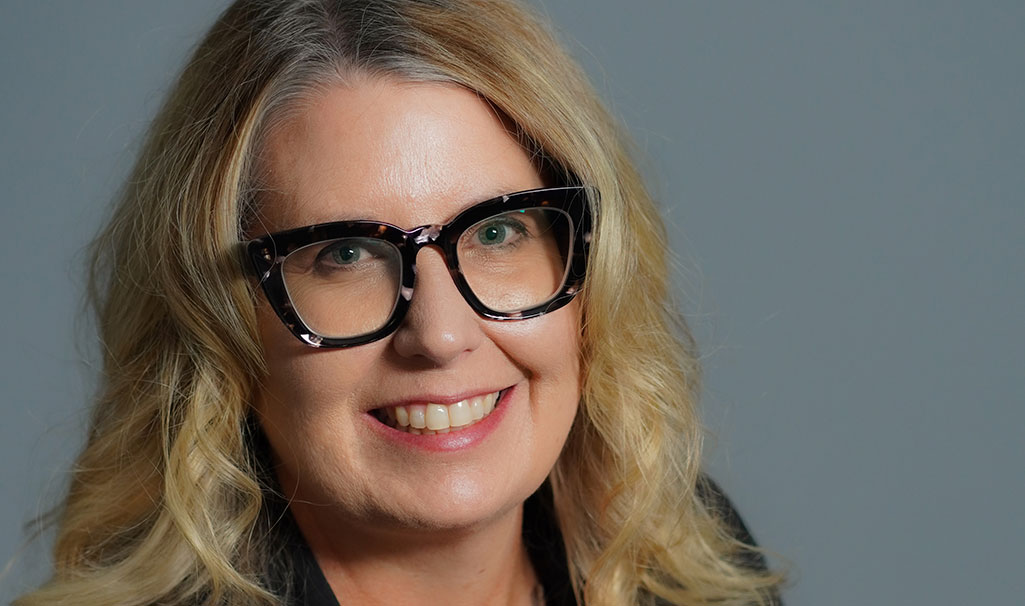Standards-based learning (SBL) is a transformative approach that places student learning at the forefront of education. With an emphasis on clearly defined learning targets, SBL shifts the focus from traditional instructional systems to ensuring that students achieve proficiency in specific skills and knowledge. This approach has been gaining traction in our Adventist schools across North America, where education leaders and administrators are actively embracing this shift. The North American Division has taken a leading role in advocating for the transition to SBL through providing numerous opportunities for educators to delve into the theoretical foundations and additional resources for implementation.
To facilitate this shift, conferences within the Mid-America Union have organized a variety of professional developmentopportunities, including teacher in-services and attendance at educational conferences, aimed at deepening teachers’ understanding of SBL. Through these sessions, educators engage with the principles of standards-based instruction, learn how to align their teaching practices with the learning targets, and explore effective assessment strategies. This continuous learning process enables teachers to refine their approach to teaching, ensuring they are well-equipped to foster student growth within a standards-based framework.
An example of this ongoing effort occurred during the past summer when the Mid-America Union Conference hosted a specialized training event for multi-grade teachers in Lincoln, Nebraska. Teachers from different conferences gathered for a week-long workshop designed to immerse them in SBL practices, with a particular focus on building social studies units. The event provided an invaluable opportunity for educators to collaborate on discussing priority scales—tools used to outline the most essential learning targets for students—and to create standards-based units that align with those targets. By working together, the participants were able to share insights, brainstorm innovative ideas, and support one another in the transition to SBL.
Practical collaborations

Feedback from the group included appreciation for gaining further insight through the power of discussing learning targets in depth to determine what needs to be taught. Participants also enjoyed working together to develop daily lessons using instructional strategies that fit the needs of their students. Others shared that, while they have had multiple sessions on theory and process, this was their first opportunity to put all that knowledge into practice and div
e into building meaningful lessons.
One of the central components of effective SBL is teacher collaboration. Collaboration goes beyond simply working together; it involves a deliberate process of co-creating lessons, designing assessments, and analyzing student work to ensure consistency and alignment with the standards. When teachers collaborate, they bring diverse perspectives and expertise to the table, which leads to a richer, more comprehensive educational experience for students. By cre
ating a space for teachers to engage in meaningful dialogue about their instructional practices, we as a system of Adventist schools can enhance the quality of education students receive.
This method represents a significant shift in how educators approach teaching and learning. By prioritizing clear learning targets, promoting teacher collaboration, and using data to inform instruction, SBL provides a framework for improving student achievement. Moving forward, the Mid-America Union Conference Office of Education is committed to partnering with the local conference to support the SBL educational shift. As schools continue to embrace this approach, the commitment to collaboration and student-centered instruction will play a pivotal role in shaping the future of education in our territory.









